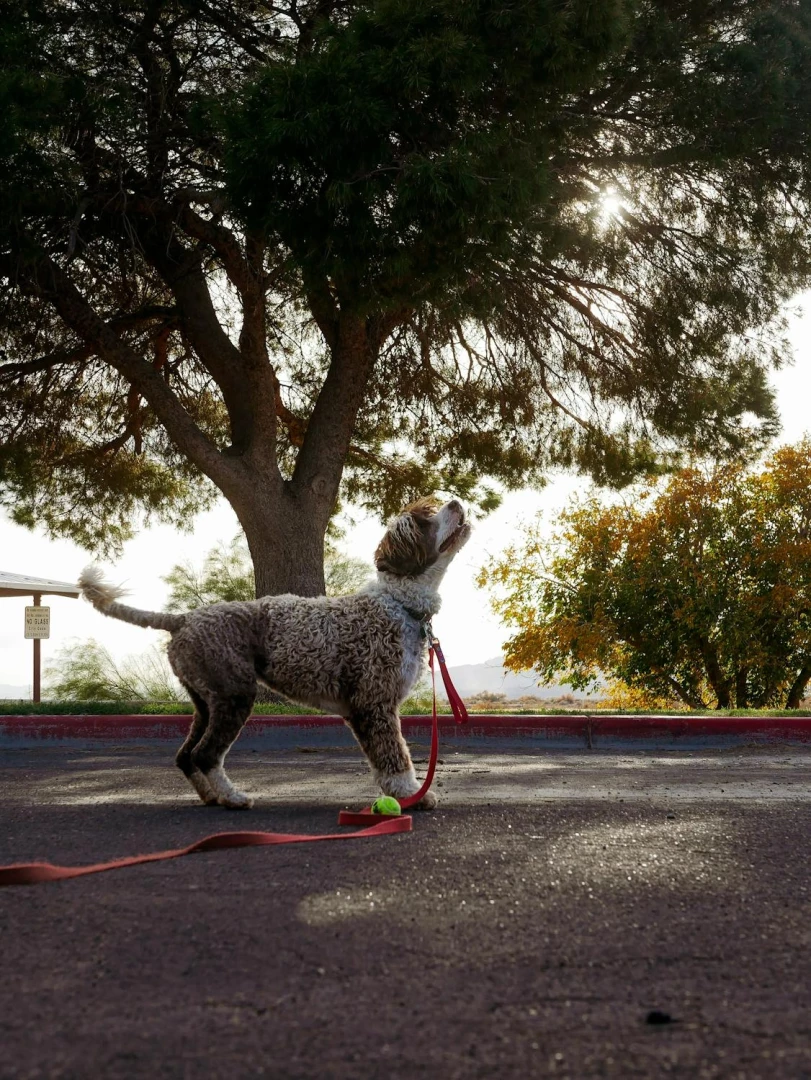
Lagotto Romagnolo
About
The Lagotto Romagnolo is a loyal, intelligent, and affectionate breed that excels as both a family pet and a working dog. With their unique curly coat, love for adventure, and high intelligence, Lagottos thrive in homes that can provide regular exercise, mental stimulation, and companionship. Their gentle nature, adaptability, and innate sense of loyalty make them a cherished companion for families, individuals, and those seeking an active, devoted canine friend.
 Breed Size
Breed Size
-
Weight (Male)
12-15 kg
-
Weight (Female)
10-14 kg
-
Height (Male)
40-48 sm
-
Height (Female)
40-48 sm
 Coat
Coat
-
Fur Type
Double/Curly
-
Color
One color
 Care
Care
-
Walk
>45 minutes/day
-
Breed group
Sporting Group
-
Breed Size
M
-
Demeanor category
Alert/Responsive
 Breed Traits
Breed Traits
-
Barking
-
Good with young children
-
Drooling
-
Energy level value
-
Grooming frequency value
-
Good with other dogs
-
Trainability
 Breeds Club Recognition
Breeds Club Recognition
-
Trainability Category
>Eager to Please
-
Temperament
>Affectionate, Keen, Undemanding
Description
The Lagotto Romagnolo is a medium-sized working dog, originally bred in Italy for water retrieving and later specialized in truffle hunting. This breed descends from ancient water dogs, resulting in an intelligent, affectionate, and highly trainable companion.
- Origin: Italy, developed for retrieving and truffle hunting.
- Smart and trainable: Quick learner with a strong work ethic.
- Loyal and affectionate: Forms deep bonds with its family.
- Energetic and playful: Requires daily exercise and mental stimulation.
- Dense, curly coat: Low-shedding but needs regular grooming.
The Lagotto Romagnolo is a devoted and hardworking companion, excelling in scent work, obedience, and agility. With proper training and early socialization, they become well-mannered, affectionate pets suited for families and active individuals.
